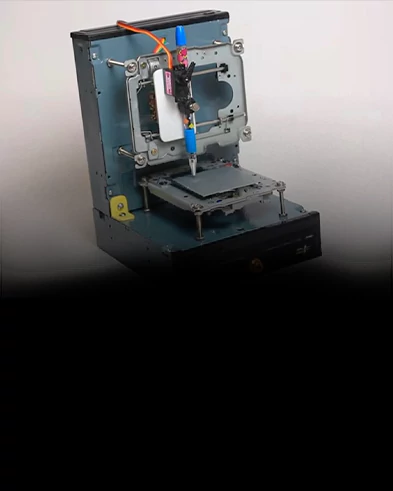Smart City
A smart city goes beyond the use of digital technologies for better resource use and less emissions. It means smarter urban transport networks, upgraded water supply and waste disposal facilities, and more efficient ways to light and heat buildings. Smart city technology can make cities more effective and efficient, which is necessary given the projected rapid growth in urban populations over the next few decades. These modern cities, capable of implementing infrastructures (of water, electricity, gases, transport, etc.) communicate and are sustainable to improve citizens’ comfort while developing in environmental protection.
A smart city is a technologically modern urban area that uses different types of electronic methods and sensors to collect specific data. Information gained from that data is used to manage assets, resources and services efficiently; in return, that data is used to improve operations across the city. This includes data collected from citizens, devices, buildings and assets that is processed and analyzed to monitor and manage traffic and transportation systems, power plants, utilities, urban forestry, water supply networks, waste, criminal investigations, information systems, schools, libraries, hospitals, and other community services. Smart cities are defined as smart both in the ways in which their governments harness technology as well as in how they monitor, analyze, plan, and govern the city. In smart cities, the sharing of data is not limited to the city itself but also includes businesses, citizens and other third parties that can benefit from various uses of that data. Sharing data from different systems and sectors creates opportunities for increased understanding and economic benefits.
The smart city concept integrates information and communication technology (ICT), and various physical devices connected to the Internet of things (IOT) network to optimize the efficiency of city operations and services and connect to citizens. Smart city technology allows city officials to interact directly with both community and city infrastructure and to monitor what is happening in the city and how the city is evolving. ICT is used to enhance quality, performance and interactivity of urban services, to reduce costs and resource consumption and to increase contact between citizens and government. Smart city applications are developed to manage urban flows and allow for real-time responses. A smart city may therefore be more prepared to respond to challenges than one with a conventional "transactional" relationship with its citizens. Yet, the term itself remains unclear in its specifics and therefore, open to many interpretations. Many cities have already adopted some sort of smart city technology.
Smart city initiatives have been criticized as a marketing fad, poorly adapted to residents' needs, as largely unsuccessful, and as a dangerous move toward totalitarian surveillance.






